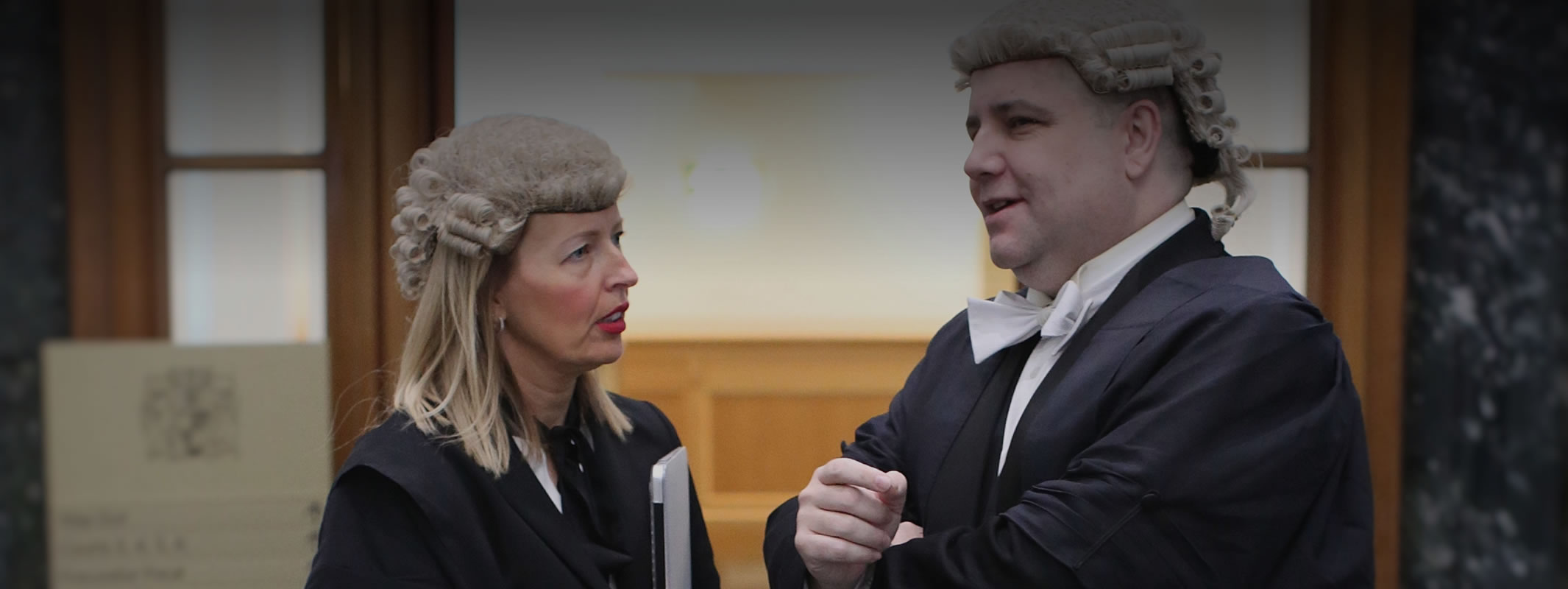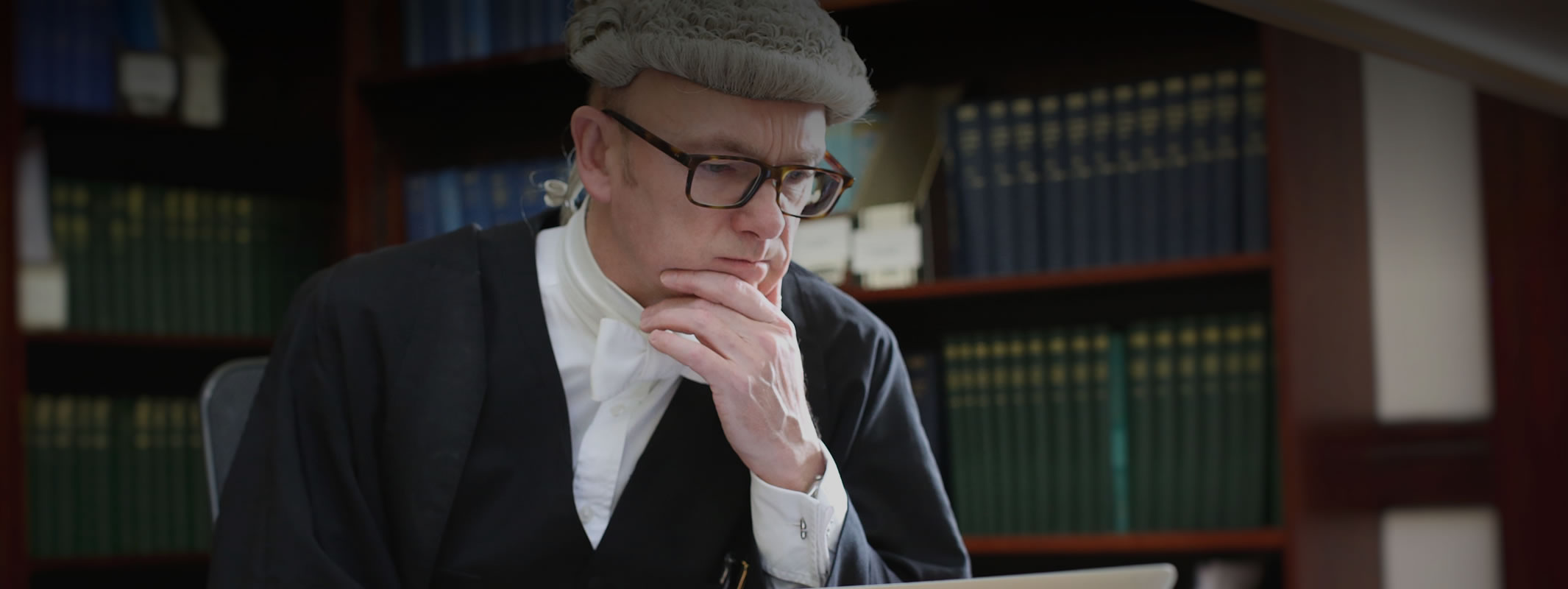The Proceeds of Crime Act 2002 is a wide ranging statute. One of the principle purposes of the Act is to confiscate the financial proceeds of crime. It can impact not only upon those convicted of crime but also on people connected to a convicted person, to people acquitted of a crime and sometimes even to people who have never been charged with a crime.
At it most straight forward, those convicted of a wide variety of crimes can find themselves the subject of proceedings under this legislation. The law does not confine itself to seizing only the proceeds of the crime a person has been convicted of. The Act allows the prosecutor to take account of a persons financial affairs for up to six years prior to the offence for which they were convicted. If a person cannot prove where their money or property came from there is an assumption that it came from general criminal conduct. It can then be included within the figure known as, The Benefit from General Criminal Conduct.
Family and friends can also find themselves drawn into proceedings if, for example, they have received gifts or money from a convicted person or if they are the joint owners of property.
Proceeds of Crime legislation is complex and has been described by many as draconian. Many everyday words used in the legislation have far broader legal meaning than one might expect. This can result in unexpected and surprising results, for those not familiar with the legislation.
Decisions taken during the course of a trial or in subsequent proceedings under the Act can have far reaching consequence. These may adversely effect a person for many years after any prison sentence is completed.
In criminal proceedings if an order is made under the Act it is split into two separate amounts. A sum called the Benefit from General Criminal Conduct and a sum called the Available Amount. The Available Amount is the sum of money which a person is required to pay over to the court once the confiscation order is made. A person can initially ask the court for up to six months to make full payment of the order. Failure to pay the order can result in a custodial sentence being imposed. Even after serving a custodial sentence a person is still liable to pay the confiscation order, interest accrues at a rate of 8%.
If the Benefit Figure exceeds the Available Amount the prosecutor may apply to the court, at any time, to reconsider the Available Amount. This can be done if a person obtains further assets at some future date. The source of those assets does not matter. There is no time limit as to when this can be done nor is there a limit on how many time it can be done, providing there is still an outstanding balance from the original Benefit from General Criminal Conduct.
Persons acquitted or never charged can find themselves the subject of civil proceeding to confiscated their assets. These proceedings follow an entirely different legal path to criminal proceedings. These proceeding are also legally complex and as the name suggests are dealt in the Civil Courts.





